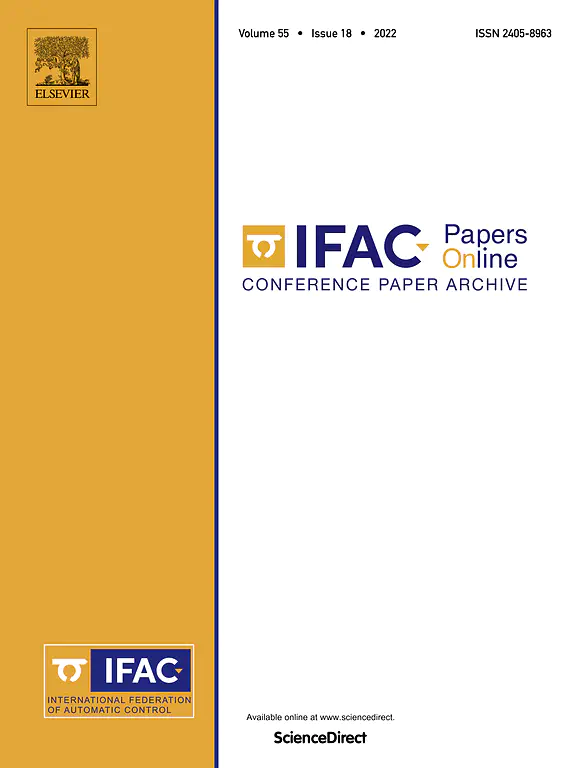Fish eradication in freshwater ecosystems by repeated fishing

Abstract
The removal of planktivorous fish results in ecosystem changes that increase water transparency and decrease the risk of harmful algal blooms. In many situations, complete eradication of fish is necessary to improve water quality, which can also protect natural populations. In this work, we construct a generic fish-zooplankton (FZ) model and we determine conditions to eradicate the fish population through repeated fish removal. The model accounts for the weight and age of fish, and is described by a system of ordinary differential equations with impulsive effects representing the reproduction process and fish removal. We demonstrate that the survival and extinction of fish can be determined from the roots of a polynomial, whose coefficients depend on maximal fecundity, mortality rates, and catching effort. If all roots of the polynomial lie within the unit circle, then eradication is ensured. To illustrate our results, we show the importance of removing young fish, and not only adults, to achieve eradication.